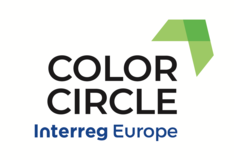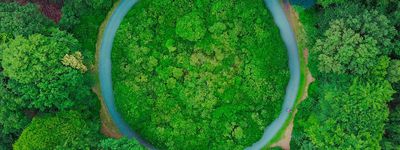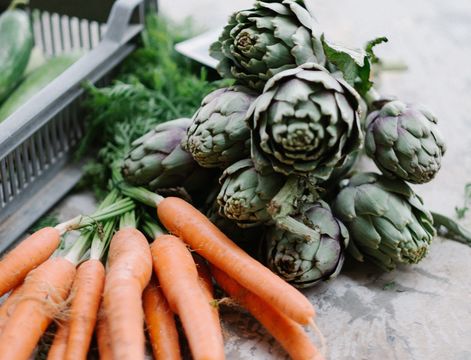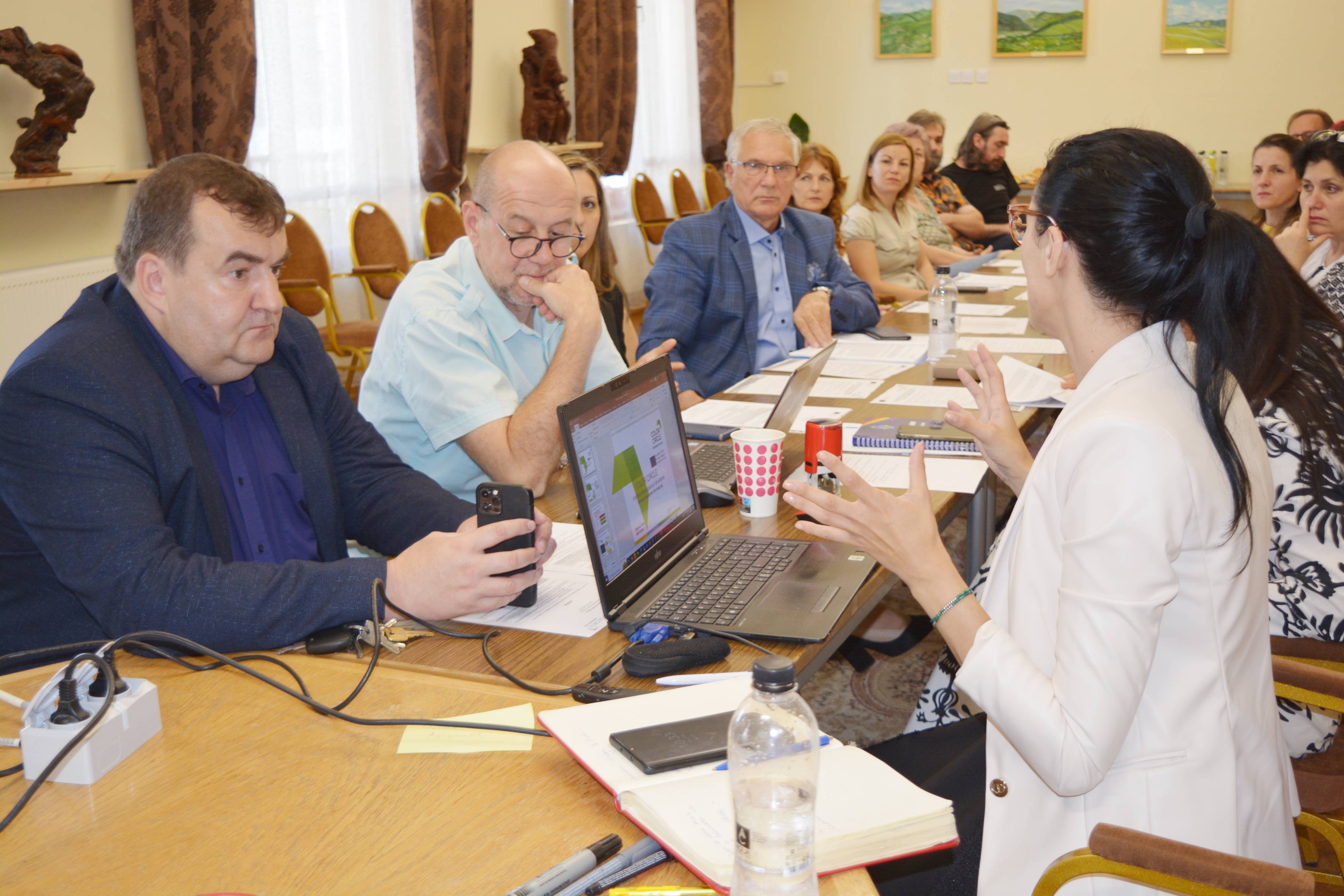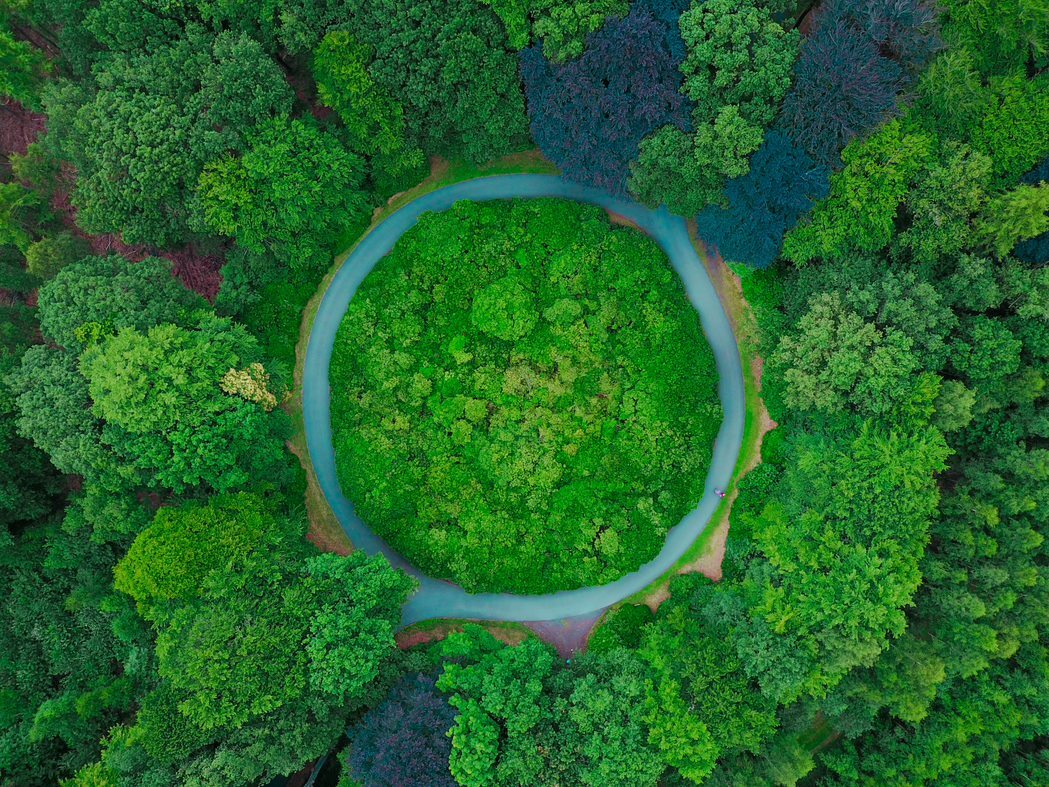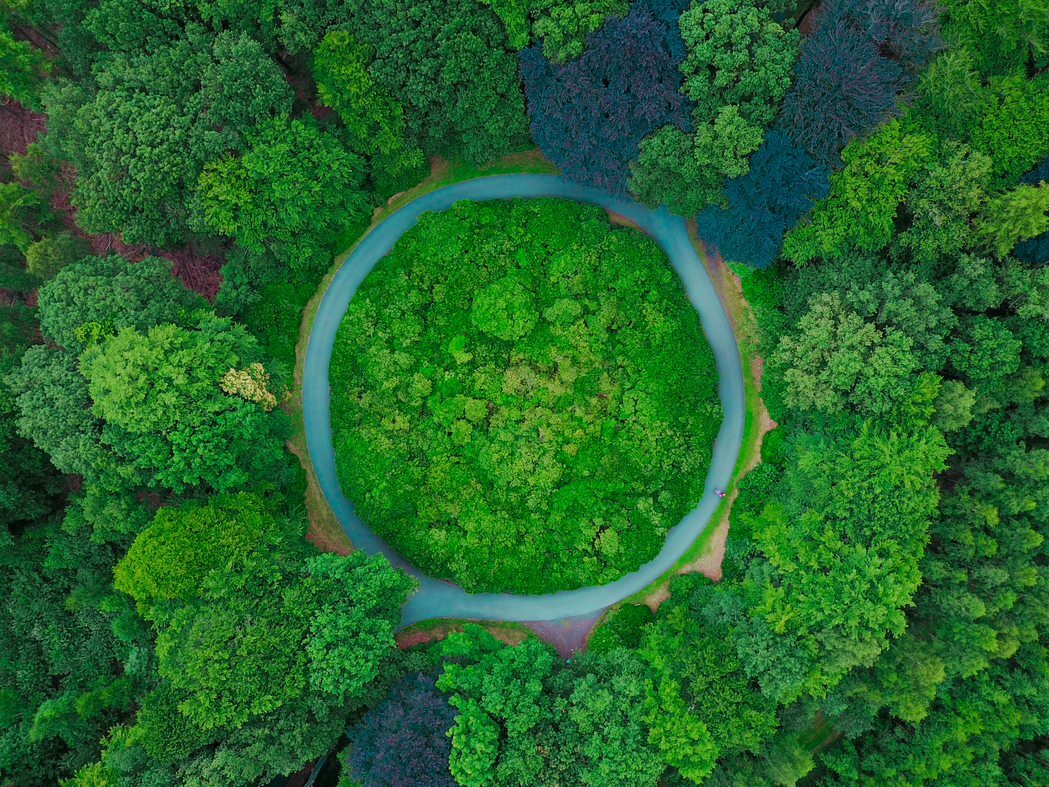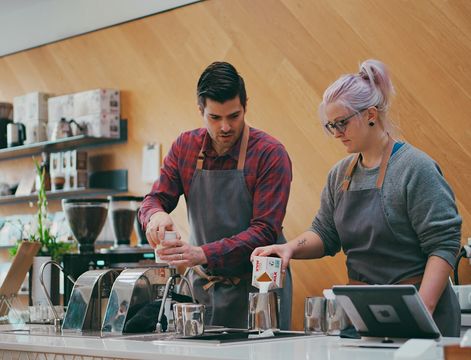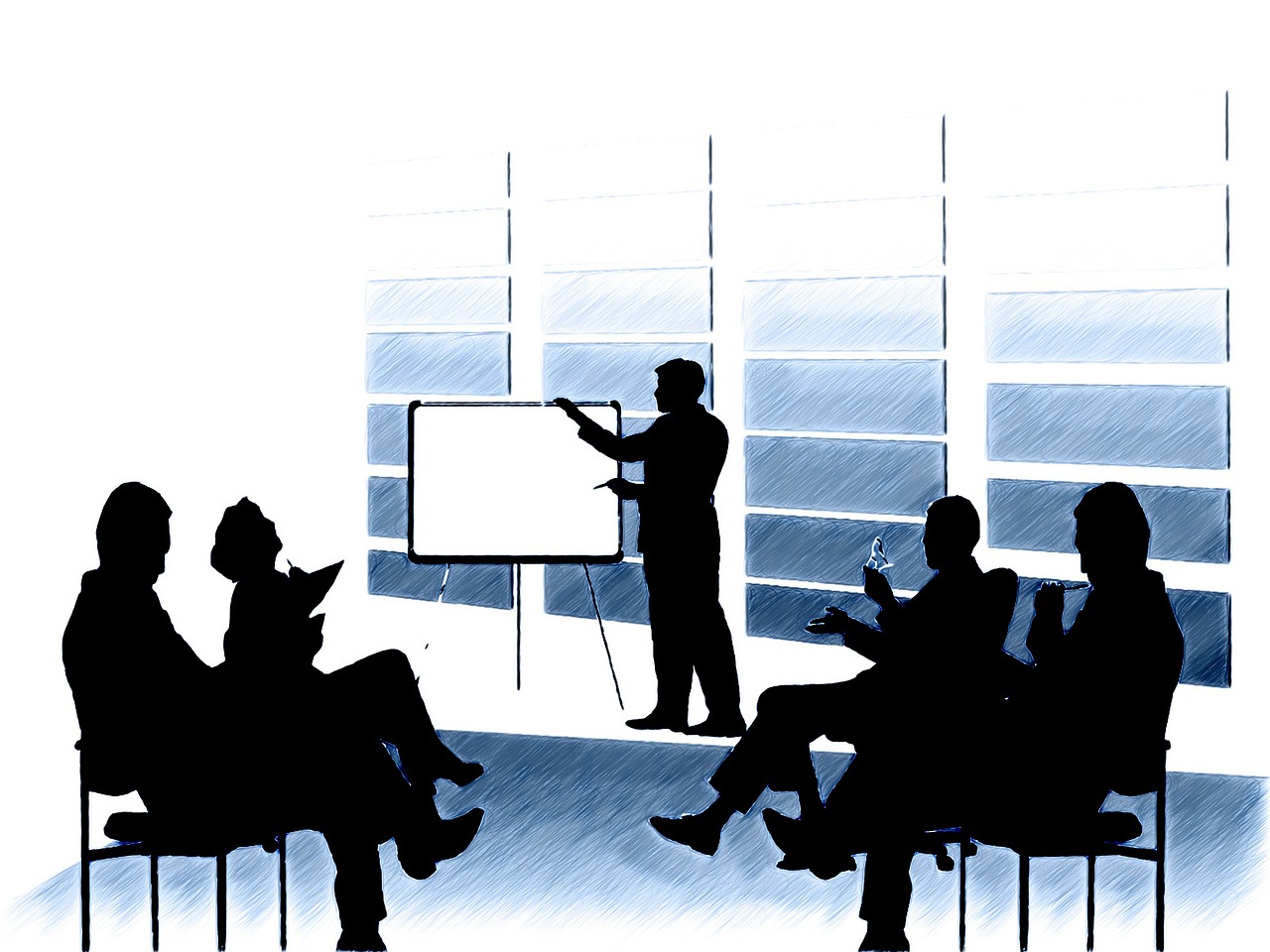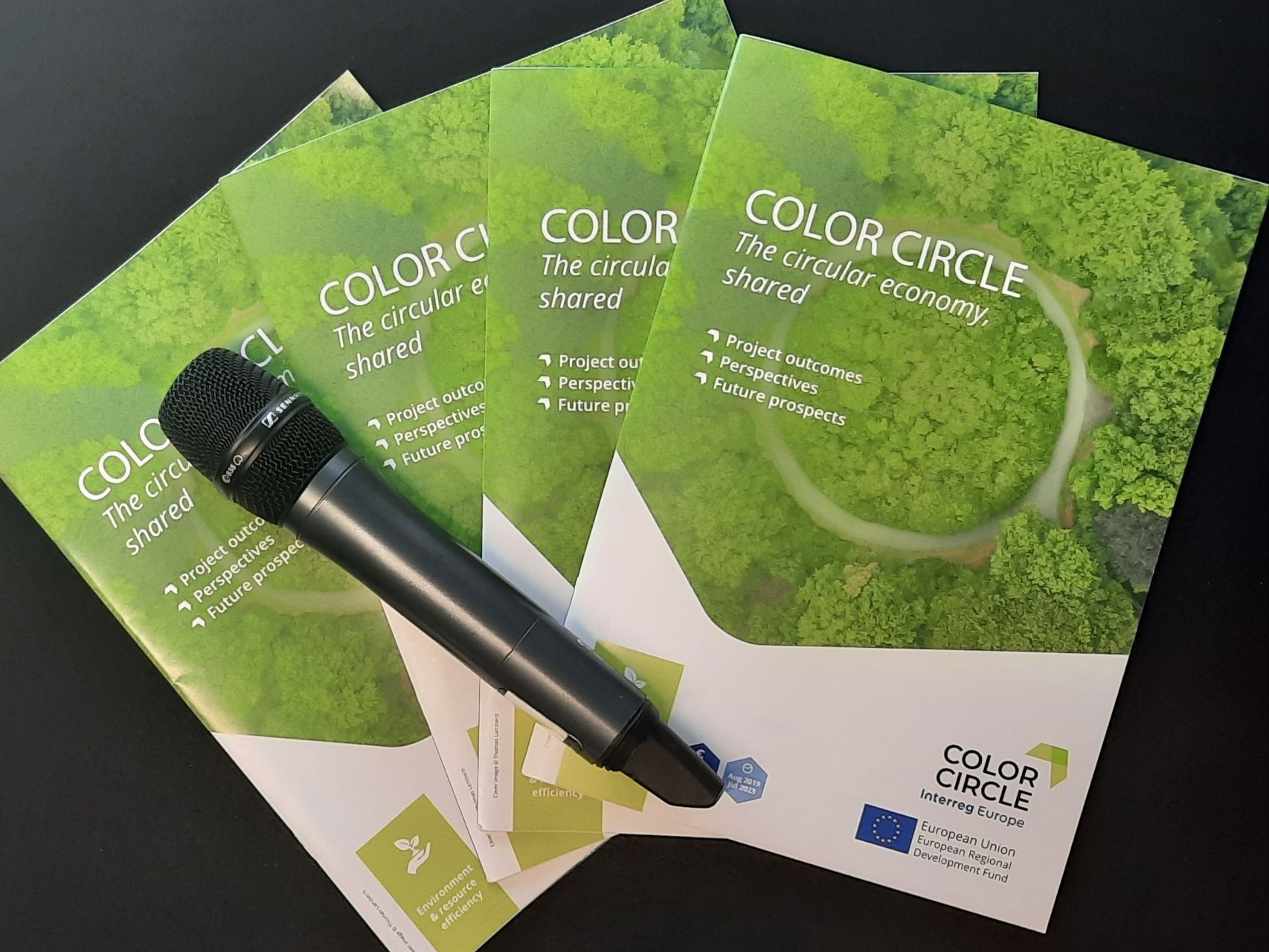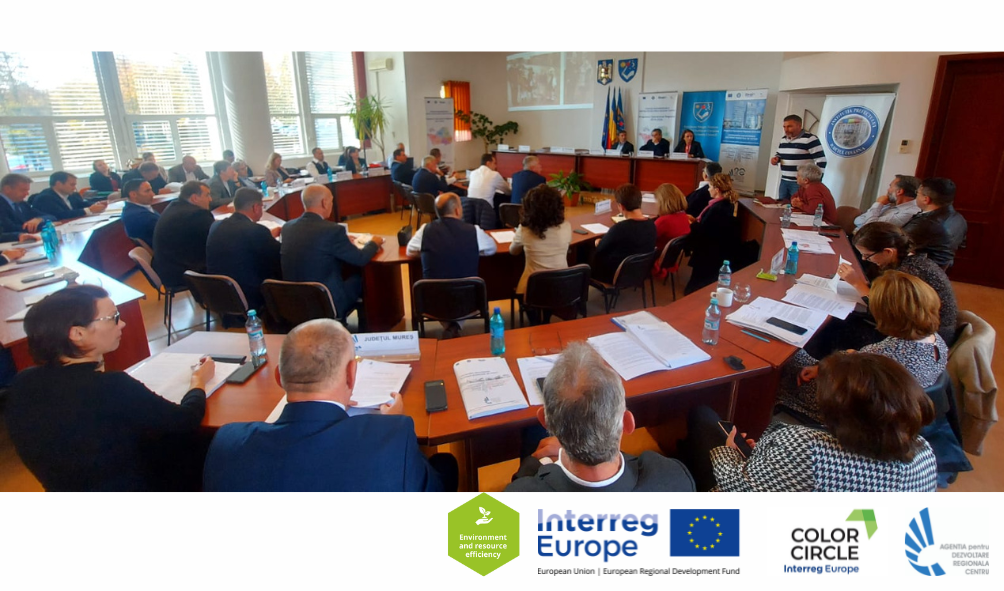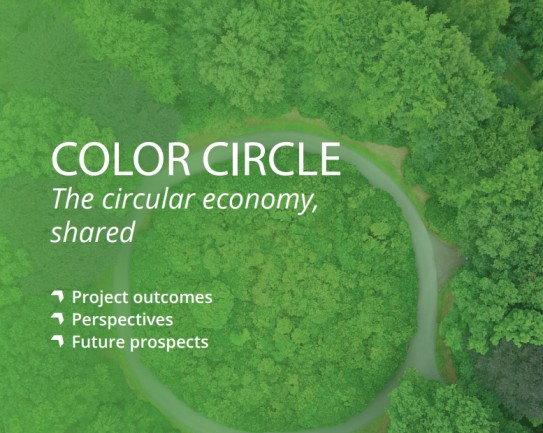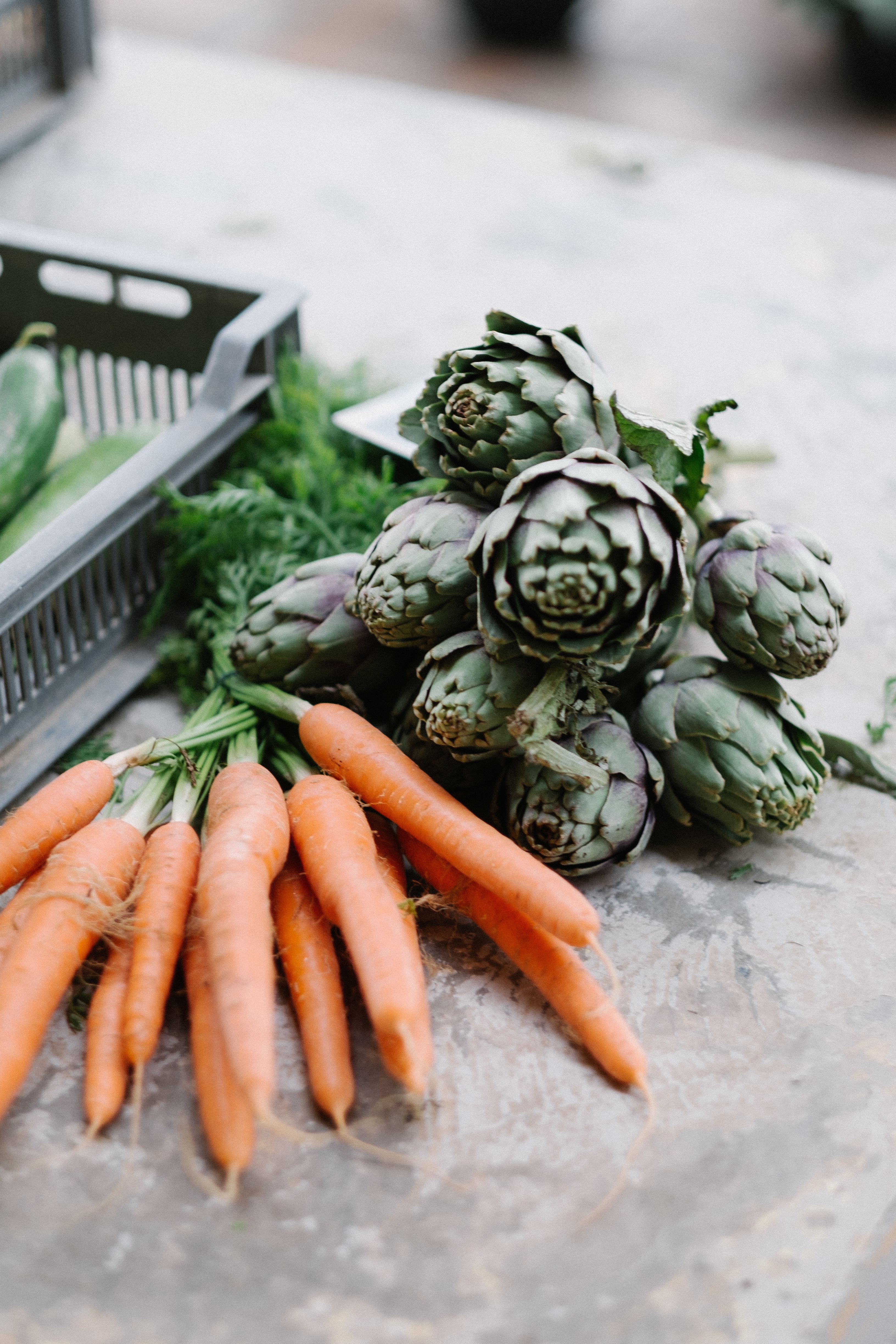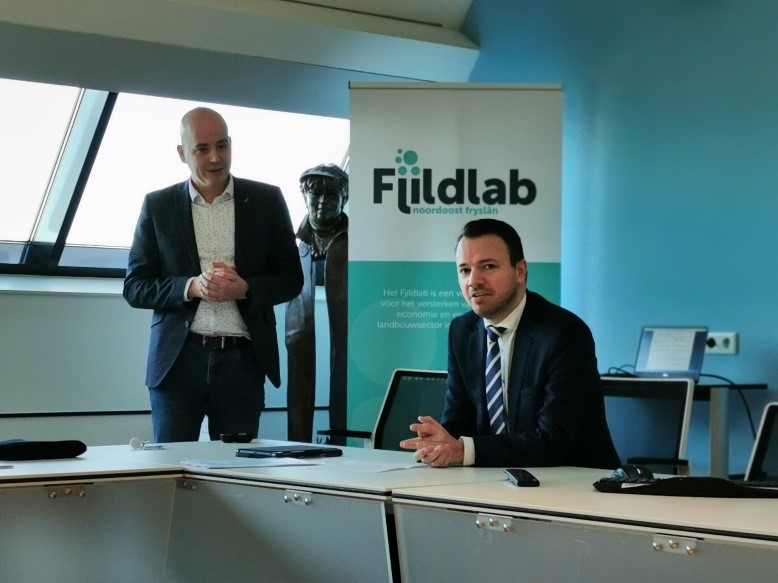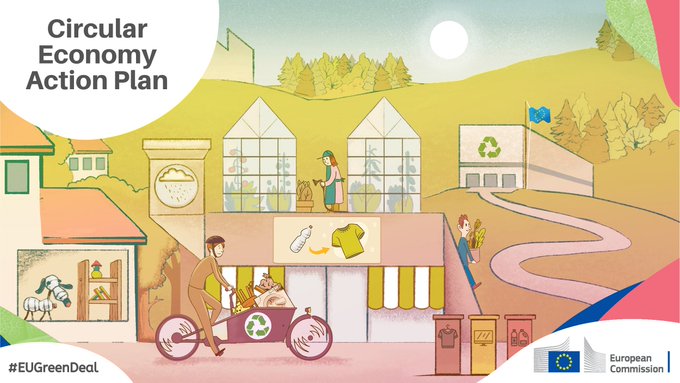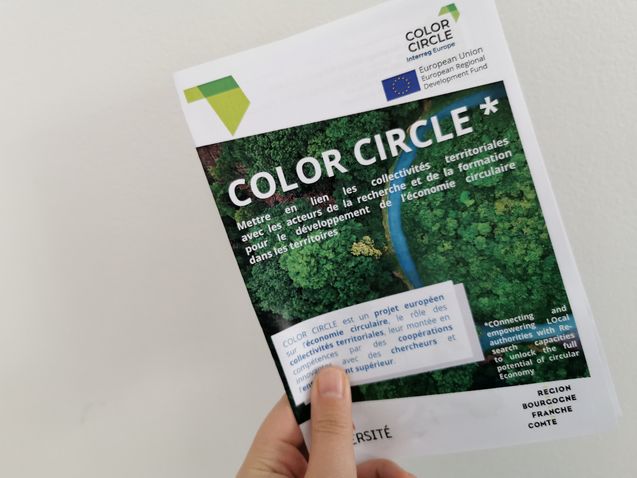Farmers and entrepreneurs have played a key role in Friesland to put circular economy on the agenda and design new approaches with the regional authority. Both were able to organize networks and associations that could start and structure the dialogue.
Eco-friendly farming entrepreneurs are grouped in an association called the Noardlike Fryske Walden.
We, farmers, keep landscape in shape.
Founded in 2002 as the umbrella organization of 6 agricultural nature associations (ANVs) it merged in 2016 to 1 association with 6 departments. It counts 800 members, mostly farmers but also individuals. The initial concern was acid rain in the 1990s: new rules were introduced, with financial incentives for farmers who would cut trees, and a direct impact on the landscape. From 2005, the Common Agricultural Policy started to fund landscape management. Step by step this was also put on the regional and national agenda. While connections are made with entrepreneurs to value landscape management through tourism and local products from wood, landscape management can not be born of private economy alone, and public funding still plays a key role.
Growing on the concept of ‘Kringloop landbouw’ (literally agricultural cycle, can be translated as ‘agroecology” i.e. less inputs, less outputs), Noardlike Fryske Walden manage key landscapes and habitats such as drylands, wetlands open arable land, etc., do ecological assessments and offer educational excursions to general public. They also offer farmers and nature managers services (help in finding subsidy and writing reports, etc.). They “contribute to policy making and to applied researches”, collaborating for example with VHL and the Fjildlab.
 Albert van der Ploeg is the Noardlike Fryske Walden’s chairman. He was born on a farm, became a teacher for 20 years while still helping on his father’s establishment and eventually bought its own. “I was quite famous for my big mouth and the other farmers told me I should go into politics. In 2002, I became an elected representative and supported farmers to be proud of their landscapes, telling them but also civilians and politics that a farm can grow without damaging the landscapes, quite the opposite.” 3 years ago, he became Noardlike Fryske Walden’s chairman, the umbrella organization of 6 agricultural nature associations in charge of landscape management.
Albert van der Ploeg is the Noardlike Fryske Walden’s chairman. He was born on a farm, became a teacher for 20 years while still helping on his father’s establishment and eventually bought its own. “I was quite famous for my big mouth and the other farmers told me I should go into politics. In 2002, I became an elected representative and supported farmers to be proud of their landscapes, telling them but also civilians and politics that a farm can grow without damaging the landscapes, quite the opposite.” 3 years ago, he became Noardlike Fryske Walden’s chairman, the umbrella organization of 6 agricultural nature associations in charge of landscape management.
Another key player in Friesland is VCF, the association for Circular Friesland, presented by Mrs Ingrid Zeegers, Program Director. In 2015, 7 companies, alongside the Province of Friesland and the Municipality of Leeuwarden, commissioned an analysis of the flow of raw materials in Friesland: what comes in, how is it processed, what comes out. They looked at cross paths - how someone waste could become secondary raw resources for someone else - and came out with 9 transition paths in which each member as an active role to play. The association now counts 100 companies, knowledge institutes and governments as members. They developed educational and consultancy activities.
“When a new member comes to the game it has to engage for at least 3 years and to either come with a project or get involved in another project. We also go to their companies, at least twice to really assess their local context and needs, and help to educate them in circular economy”.
The association recognizes 7 pillars for circular economy (1. Materials and resources 2. Renewable energy 3. Water 4. Biodiversity 5. Cultural diversity 6. Health & wellness 7. Added Value) and works around 10 themes: agriculture, biomass, food, water (the biological cycle); building & infrastructure, plastic, energy, mobility (the technological Cycle ); recreation & tourism ; education. Yet when it comes to methodology, they recommend not to divide circular economy but to start working around 5 starting points:
- Design a self-restorative system. Biological cycle, technological cycle (you got to close the loop for this one). It is when you mix these 2 cycles that pollution comes out.
- Think ahead, through time.
- To know where the resources come from and where it goes and end, ideally at every moment in time
- Know the true impacts, not only the economical one but also environmental and societal.
- Integral propositions based on design principles.
More info:  https://circulairfriesland.frl/app/uploads/2019/09/Circulair-Friesland-EN.mov
https://circulairfriesland.frl/app/uploads/2019/09/Circulair-Friesland-EN.mov
